RUSSIA deems ISRAEL’s occupation of SYRIA’S GOLAN HEIGHTS as “UNACCEPTABLE.”
In a sharp and escalating statement, Russia has condemned Israel’s continued occupation of the Golan Heights, calling it “unacceptable” and reaffirming its support for Syria’s sovereignty over the contested region. This pronouncement marks a significant shift in Russia’s rhetoric regarding the longstanding territorial dispute and underscores the geopolitical complexity of the Middle East, where competing interests often collide.
The Golan Heights, a strategically vital plateau, has been at the heart of the Israeli-Syrian conflict for decades. Since Israel captured the territory from Syria during the 1967 Six-Day War, tensions over its control have remained high. While Israel considers the Golan Heights as a vital security buffer, Syria, backed by Russia, insists on reclaiming the territory. Russia’s recent statement not only highlights its diplomatic alignment with Syria but also reflects broader regional dynamics, as Moscow continues to assert its influence in the Middle East.
The Golan Heights: A Strategic Prize
The Golan Heights holds immense strategic significance. Located on the border between Israel and Syria, the plateau offers commanding views over northern Israel and southern Syria. It is also crucial for controlling water resources in the region and serves as a buffer zone against military activity from neighboring countries.
Israel’s military occupation of the Golan Heights has been a source of tension since it took control of the area during the 1967 war. In 1981, Israel formally annexed the Golan, a move that was never recognized by the international community. The United Nations, along with the vast majority of countries, has consistently called for Israel’s withdrawal from the region, citing violations of international law, including the Fourth Geneva Convention, which prohibits the acquisition of territory by force.
Syria, for its part, has never relinquished its claim to the Golan Heights. The territory remains a point of national pride, and its recovery is a central goal in Syria’s foreign policy.
Russia’s Stance: A Growing Support for Syria
Russia’s latest condemnation of Israel’s occupation of the Golan Heights represents a clear shift in its stance. Moscow has long been a staunch supporter of Syria, particularly since the start of the Syrian civil war in 2011. Russian military intervention on behalf of President Bashar al-Assad has played a pivotal role in strengthening the Syrian government’s position, and Russia has increasingly positioned itself as a key player in Middle Eastern diplomacy.
In recent years, Russia has sought to strengthen its ties with regional powers, including Iran, Turkey, and Israel. However, Moscow’s relationship with Israel has often been more complex, particularly given Russia’s strong ties to Syria. The latest comments reflect Russia’s efforts to balance its diplomatic ties in the region while emphasizing its unwavering support for Syrian territorial integrity.
Russia’s condemnation of Israel’s occupation of the Golan Heights is not only a diplomatic message to Israel but also a reminder to the international community that Russia considers the region’s territorial disputes unresolved and deserving of renewed attention. By framing the occupation as “unacceptable,” Russia is signaling its commitment to preserving Syria’s sovereignty and challenging Israeli actions in the Golan.
Israel’s Perspective: Security Concerns and International Recognition
Israel has long justified its control over the Golan Heights as a necessary security measure. The strategic value of the Golan Heights cannot be overstated, as it provides Israel with a buffer against potential attacks from Syria and other regional actors. The plateau’s elevated position also allows Israel to monitor military activity in the region and defend against cross-border threats.
Israel has consistently rejected international calls for its withdrawal from the Golan, citing security risks and the fact that the region has remained largely peaceful under Israeli control since 1967. In addition, Israel has emphasized the importance of recognizing its sovereignty over the Golan as part of the broader context of peace agreements in the region. Israel has maintained that the status of the Golan should only be resolved through negotiations with Syria, but such talks have stalled for years.
In 2019, U.S. President Donald Trump made a significant move by recognizing Israel’s sovereignty over the Golan Heights, a decision that was met with praise from Israel but condemnation from many countries, including Russia. The U.S. stance, however, has not led to widespread international recognition, with most countries continuing to regard the Golan Heights as Syrian territory under Israeli occupation.
The Geopolitical Implications of Russia’s Statement
Russia’s vocal disapproval of Israel’s actions in the Golan Heights reflects the broader geopolitical dynamics of the Middle East, where major powers are vying for influence and regional dominance. Russia has been consistently critical of Israel’s policies in the occupied Palestinian territories, as well as its strategic alignment with the United States. Moscow’s support for Syria and its condemnation of Israel’s occupation of the Golan can be seen as part of Russia’s broader campaign to counter U.S. influence in the region.
At the same time, Russia’s relationship with Israel remains delicate. While Moscow has criticized Israel’s occupation of the Golan, it continues to engage with Israel diplomatically, particularly concerning security coordination in Syria. The Russian-Israeli relationship has often been characterized by pragmatic cooperation, especially with regard to deconfliction efforts in Syria, where both countries have military forces operating in close proximity. However, Russia’s increasingly vocal stance on issues like the Golan Heights suggests that Moscow is not willing to back down on its support for Syria’s territorial claims.
The Road Ahead: A Renewed Focus on Middle Eastern Diplomacy
As Russia continues to assert its position on the Golan Heights, the wider implications for Middle Eastern diplomacy are becoming clearer. The region remains one of the most volatile and contested areas in the world, with multiple ongoing conflicts and a complex web of alliances and rivalries.
The Golan Heights dispute, in particular, is likely to remain a flashpoint in Israel-Syria relations. Russia’s support for Syria’s claim to the Golan adds another layer of complexity to an already fraught situation. It also signals Russia’s growing influence in shaping the future of the region, as it seeks to present itself as a key player in resolving conflicts and safeguarding the sovereignty of regional powers like Syria.
While the direct impact of Russia’s condemnation on Israel’s policies remains to be seen, it is clear that the diplomatic stakes in the Middle East are higher than ever. As Israel continues to face criticism for its occupation of the Golan Heights, Russia’s growing support for Syria will likely play an increasingly prominent role in regional discussions.
In conclusion, Russia’s condemnation of Israel’s occupation of the Golan Heights is a reminder of the complexity and volatility of Middle Eastern geopolitics. With competing international interests and a history of unresolved territorial disputes, the situation remains highly fluid. The coming months and years will likely see continued diplomatic maneuvering as Russia, Israel, Syria, and other regional powers navigate this critical issue on the world stage.
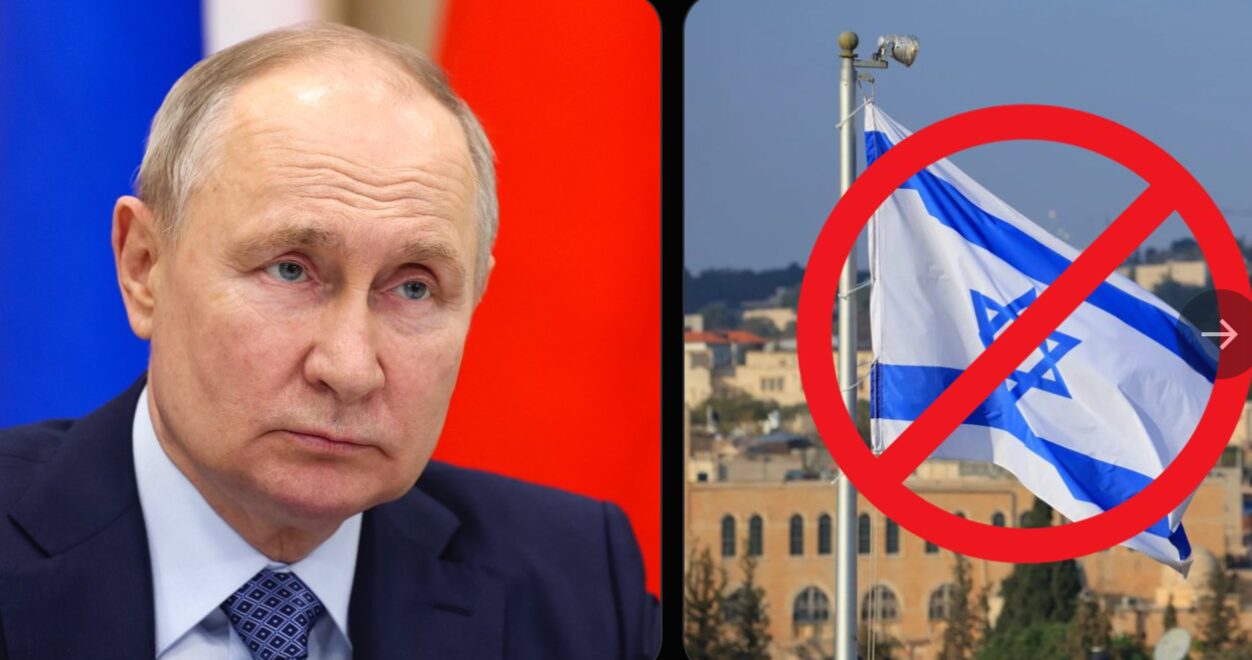
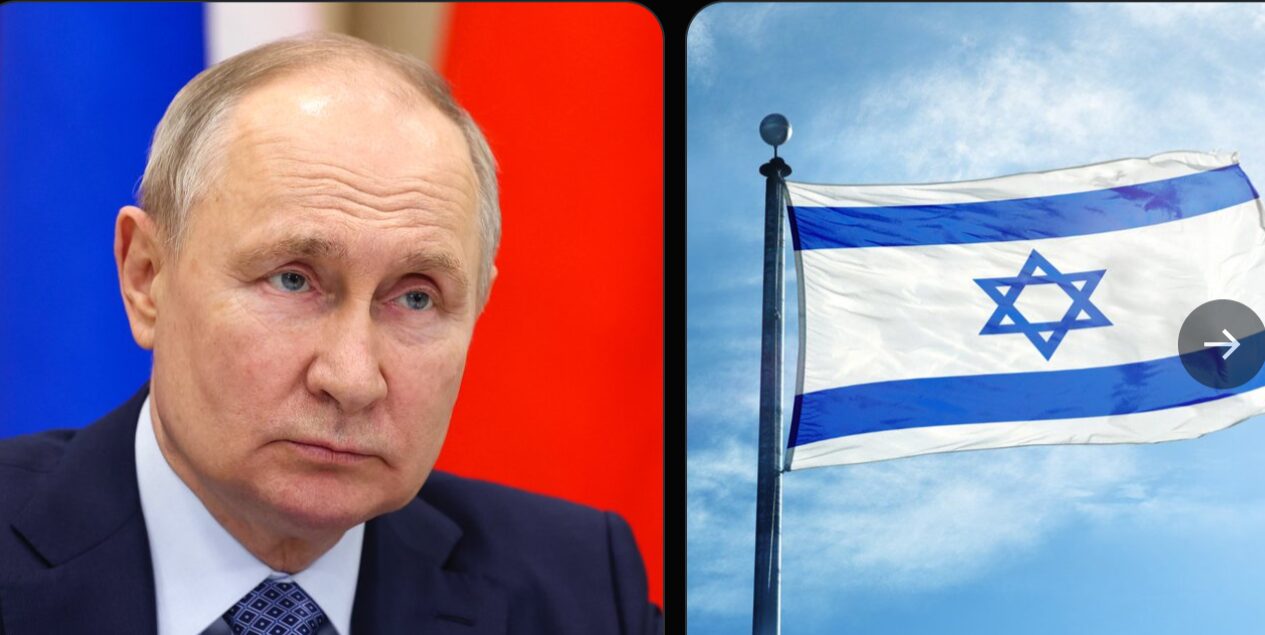

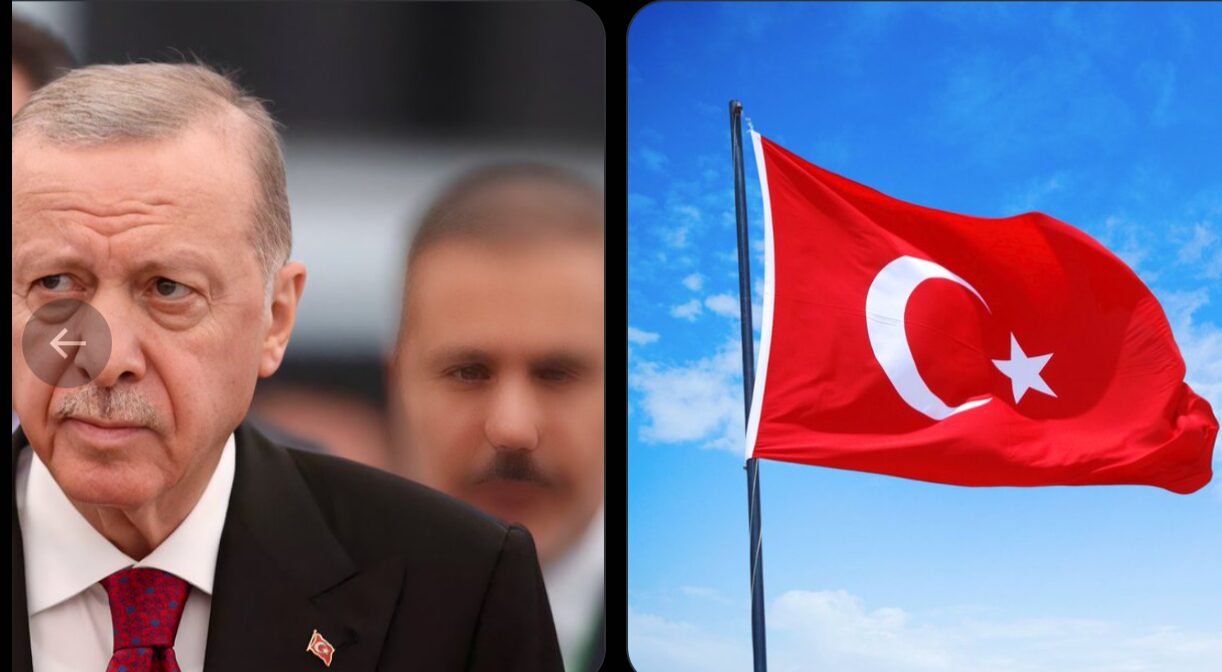
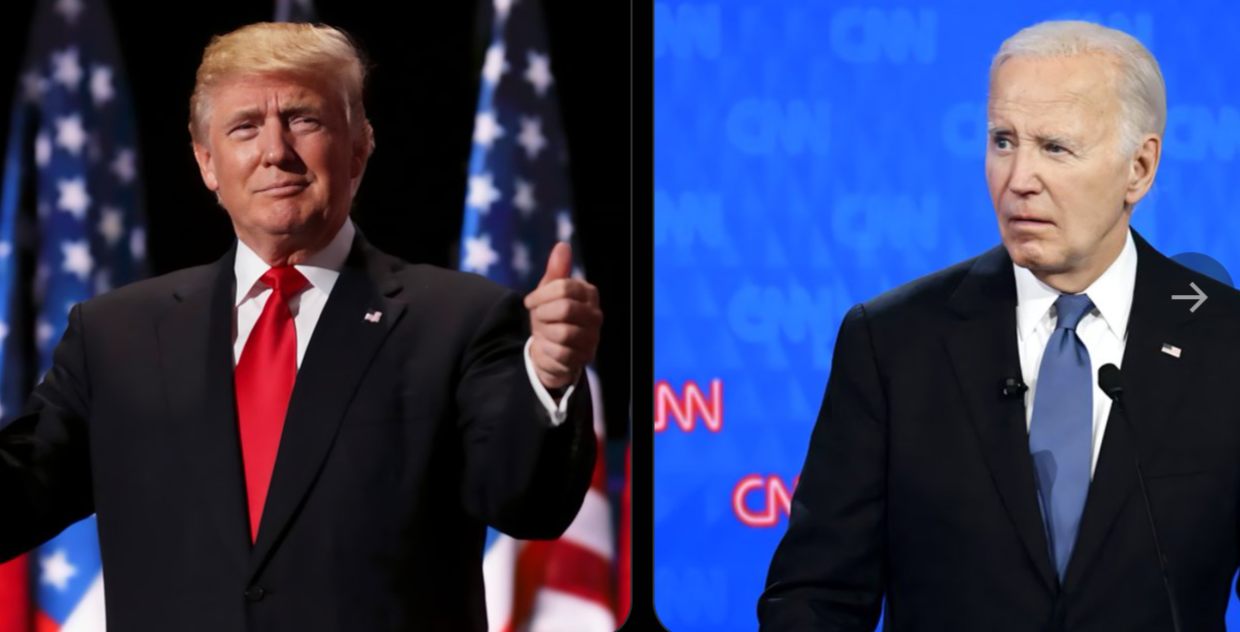


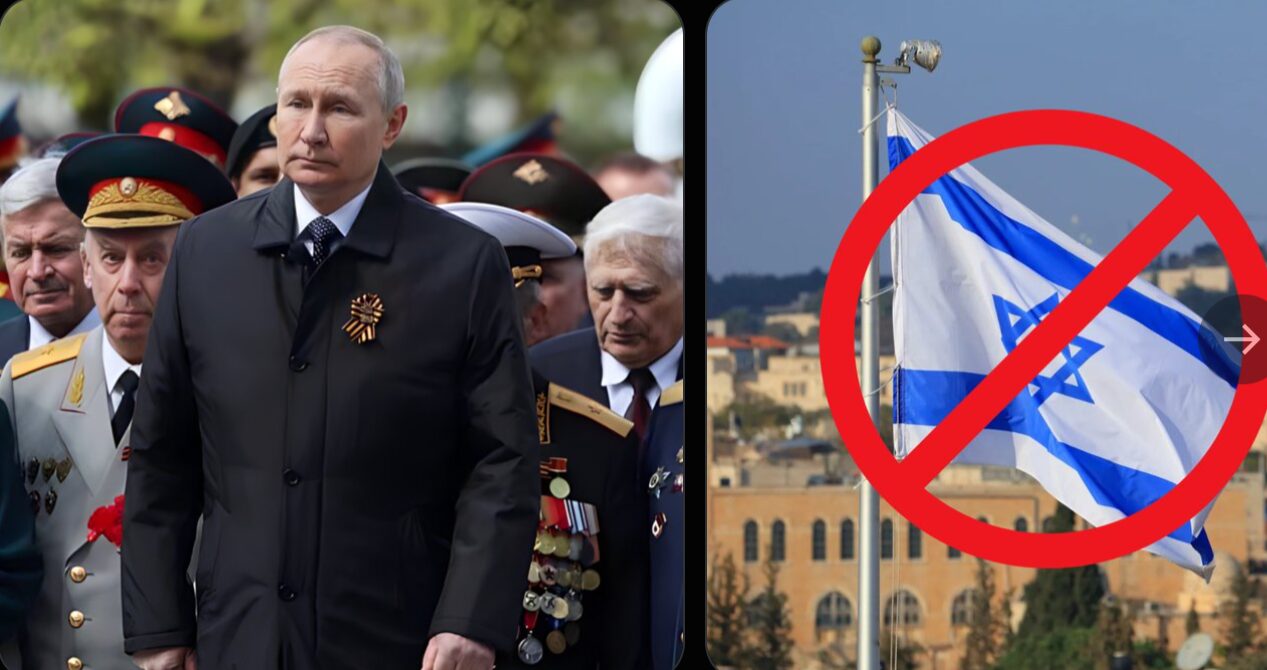
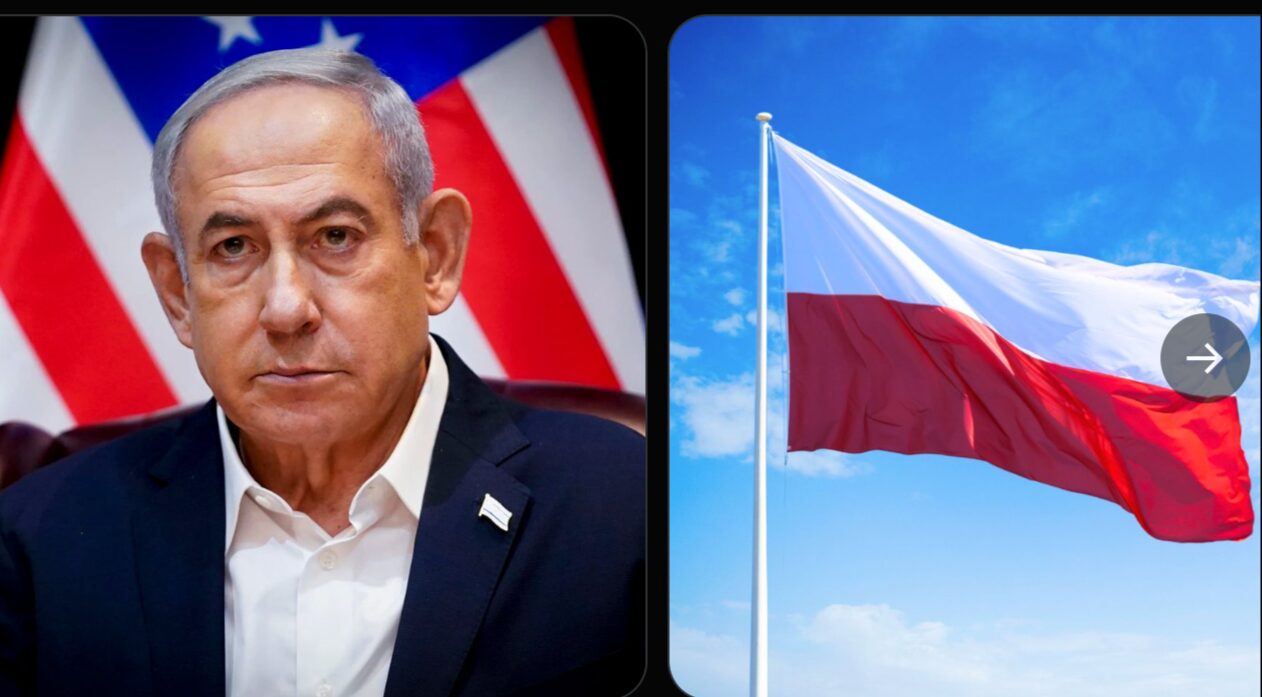








Post Comment